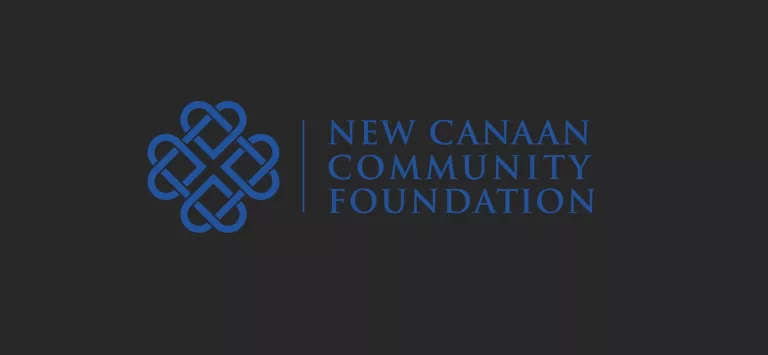We are pleased, Teddy, to acknowledge your heartfelt letter. It reminded us of another letter, penned over a century ago by a young girl named Virginia O’Hanlon, which inspired one of the most famous editorials in history. Virginia’s simple yet profound question, “Is there a Santa Claus?” prompted a timeless response from her paper’s editor. Today, your words have prompted us to reflect on the importance of independence and self-reliance for children.
Teddy, you expressed a desire to solve your own problems and help your friends without constant adult intervention. You wrote, “When I play, the teachers are there as referees even though some of them don’t know the rules. They pick teams, team captains, and make calls. I respect that they are trying to help us, but we, as kids, can probably solve most of our own problems.” This sentiment is both mature and insightful. It highlights the natural inclination of children to learn through experience, a concept supported by renowned educational psychologist Jean Piaget, who said, “Children are not mini-adults; they are unique beings who learn through doing and experiencing the world firsthand.”
Your perspective underscores a crucial aspect of childhood development: the need for independence. It is through solving problems, navigating social dynamics, and making mistakes that children grow and learn. As you rightly observed, too much intervention can hinder this natural process. Your call for a balance between guidance and autonomy is wise beyond your years.
You have shown great courage in expressing your thoughts publicly. Your letter reflects a budding interest in writing and journalism, nurtured by a supportive family environment that values reading and encourages intellectual curiosity. Your mother’s email accompanying your letter speaks volumes about this: “We love to read the Sentinel on the weekend as a family. There is something for everyone. My son Teddy… wondered if he could write something for it… With no editing on my part this is what he wrote up.”
Writing is indeed a powerful tool for self-expression and critical thinking. It allows you to articulate your thoughts and feelings, engage with the world around you, and contribute meaningfully to public discourse.
To help you continue improving your writing, here’s one piece of advice: continue to focus on the details. Describing specific situations vividly can makes your writing engaging.
Your letter also calls attention to the importance of self-reliance among your peers. While teachers play a vital role in guiding and supporting students, it is equally important to foster an environment where children feel empowered to take initiative and solve their own problems. This approach not only builds confidence but also prepares you for the challenges you will face in higher education and beyond.
We celebrate your initiative and thoughtfulness, Teddy. Your letter is a testament to the power of young voices and the importance of nurturing them. We applaud your courage and look forward to hearing more from you and your peers. Keep writing—you have a bright future ahead.
To all parents, consider inviting your children to share their thoughts with us. Whether it’s through letters, essays, or creative stories, their contributions are invaluable. Let us continue to foster a love of reading and writing in our homes, schools, and communities, empowering the next generation to think critically, express themselves confidently, and engage meaningfully with the world around them.
Teddy, your letter has reminded us all of the importance of listening to and valuing the perspectives of children. Just as Virginia’s letter inspired generations with its inquiry into belief and wonder, your letter encourages us to reflect on independence and self-reliance. We are proud to have published your words and look forward to seeing more of your writing in the future.

